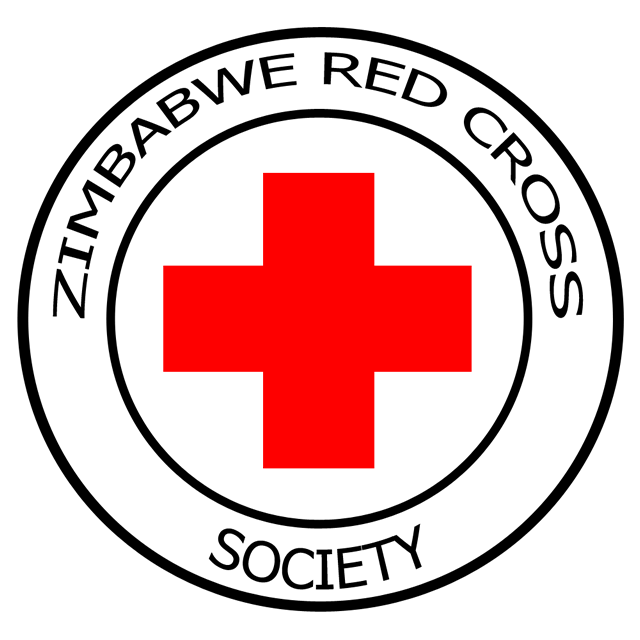Govt, Red Cross give villagers cash vouchers to mitigate hunger

Phyllis Kachere Deputy News Editor Convergence
“I will use my late husband’s necktie to secure the money. I will hide it inside the necktie and then tie it around my waist. No one will ever know I have any cent on me,” says a frail 78-year-old Kokwani Pukwani Matsuve as she stuffs the US$65 into the neckties.
Her grandchild, Elias Chauke (13) collected the money on her and the other family members’ behalf from the Zimbabwe Red Cross Society and a money transfer agent team that was distributing the Disaster Relief Emergency Fund (DREF) cash vouchers at Malipati Business Centre in Chiredzi South.
Kokwani Matsuve of Magezi Village in Malipati on the fringes of the iconic Gonarezhou National Park also stays with her elderly sister-in-law, who, because of old age and mental health challenges cannot remember her first name or when she left her home “kwaSave” to come and stay with her husband’s sister.
She only remembers that she is MaNwabuyangwe.
The two incapacitated “kokwanis” (grandmothers) also stay with five minor grandchildren, whose parents have crossed the nearby border to South Africa and only come back once a year, leaving Elias to fend and care for the whole labour-constrained family of seven.
Their only hut was destroyed during Tropical Depression Anna but the Red Cross volunteers mobilised the community to build the affected family another room. Because of resource constraints, they are yet to affix a door on the room.
Although Elias is 13, he looks like a nine-year-old and ZRCS volunteer Mr Jelas Majoki said he could be a victim of stunted growth that is endemic in most families in the three wards.
Kokwani Matsuve’s family is one among the 3 000 beneficiaries of the DREF in the three targeted wards of Chiredzi of Masvingo province.
The ZRCS, in partnership with the International Federation of the Red Cross and Red Crescent Societies (IFRC) is providing humanitarian assistance in form of food parcels and health care services in the district.
The ZRCS is implementing while the IFRC is providing the support. We are giving out cash to the most vulnerable.
ZRCS secretary general Mr Elias Hwenga said the overall objective of this DREF operation was to anticipate and respond to the emerging food insecurities.
“DREF also aims to improve the preparedness of the Chiredzi community to the forecasted hydro-meteorological emergencies in light of the normal-to-above normal rainfall forecast.
The imminent emergency preparedness activities are being complemented by early actions that are aimed at mitigating and minimising the humanitarian impacts of the lean season and anticipated hydro-meteorological hazards,” said Mr Hwenga.
He said the operation was also now set to provide immediate assistance to address needs of food insecure households in Chiredzi after the completion of the beneficiary registration exercise.
“DREF will target a registered 600 most vulnerable households, which is approximately 3 000 people to meet their basic needs through cash assistance for a period of four months.
“The food insecurity assistance will be complimented by the provision of water and sanitation facilities in Wards 13, 14 and 15 in the Chiredzi district,” said Mr Hwenga.
An analysis carried by the ZRCS showed that the three most vulnerable wards in the Chiredzi district (Wards 13, 14 and 15) have been exposed to the two major shocks of drought and the Covid-19 pandemic.
“The two have contributed to the observed food insecurities in the whole district and in particular wards 13, 14 and 15. The drought has manifested in low yields particularly cereals which cannot sustain food requirements throughout the year resulting in reduced availability of food at household level,” said Mr Hwenga.
To meet the drought-induced food shortages, he said, the community now relies on the local retailers who are supplied mainly by wholesalers from Chiredzi town.
Supplies are mainly imported from South Africa and Mozambique.







Comments